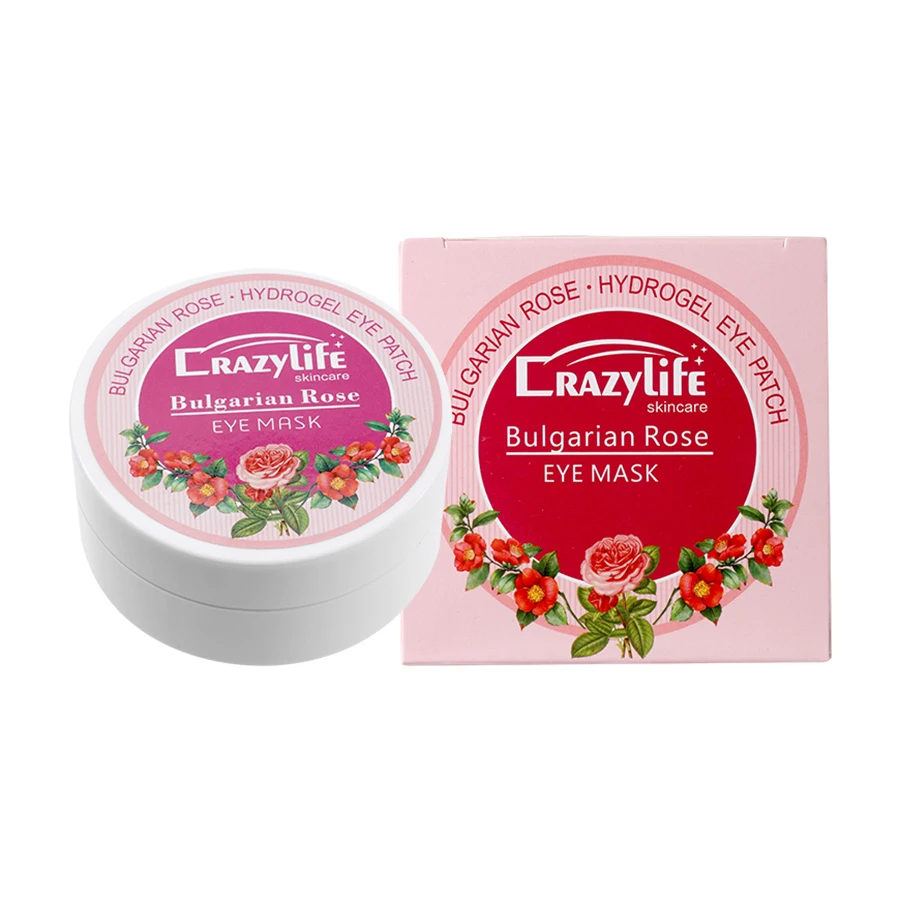
Pre-order, Made to Order and DIY items will ship on the estimated date noted on the product description page. Order by 2pm CET on Friday for Saturday delivery.Īvailable at checkout only for selected postcodes. Kuwait, Qatar, Saudi Arabia and remote areas* of each country: 3-4 business days. Shipping Service & FeeĪll European Countries: 1-2 business days. Holiday shipping, if you place your order by December 21 you will receive your item by December 24. Orders placed from November 15 to December 31 will include extended complimentary returns until January 31.
Dark ro patch update#
Pityriasis rosea: an update with a critical appraisal of its possible herpesviral etiology.

Evidence of human herpesvirus-6 and -7 reactivation in miscarrying women with pityriasis rosea.
Dark ro patch skin#
Dark ro patch Patch#

Eosinophils are typical of drug-induced pityriasis rosea. The diagnosis of pityriasis rosea is usually made clinically but may be supported by the finding of subacute dermatitis on histopathology of a skin biopsy. Premature delivery and other perinatal problems also occurred in some women.Ītypical pityriasis rosea due to reactivation of herpes 6/7 in association with a drug can also lead to the severe cutaneous adverse reaction, drug hypersensitivity syndrome. Pityriasis rosea during early pregnancy has been reported to cause miscarriage in 8 of 61 women studied. Does pityriasis rosea cause any complications? Second attacks of pityriasis rosea are uncommon (1–3%), but another viral infection may trigger recurrence years later. Pale marks or brown discolouration may persist for a few months in darker-skinned people but eventually, the skin returns to its normal appearance. Pityriasis rosea clears up in about six to twelve weeks. Pityriasis rosea-like drug eruptions have been caused by angiotensin-converting enzyme inhibitors, nonsteroidal anti- inflammatory drugs, hydrochlorothiazide, imatinib, clozapine, metronidazole, terbinafine, gold and atypical antipsychotics. Reactivation of herpes 6/7 is reported in some but not all cases of drug-induced pityriasis rosea. Pityriasis rosea or atypical, pityriasis rosea-like rashes can rarely arise as an adverse reaction to a medicine. Influenza viruses and vaccines have triggered pityriasis rosea in some cases. Pityriasis rosea is associated with reactivation of herpesviruses 6 and 7, which cause the primary rash roseola in infants.


 0 kommentar(er)
0 kommentar(er)
